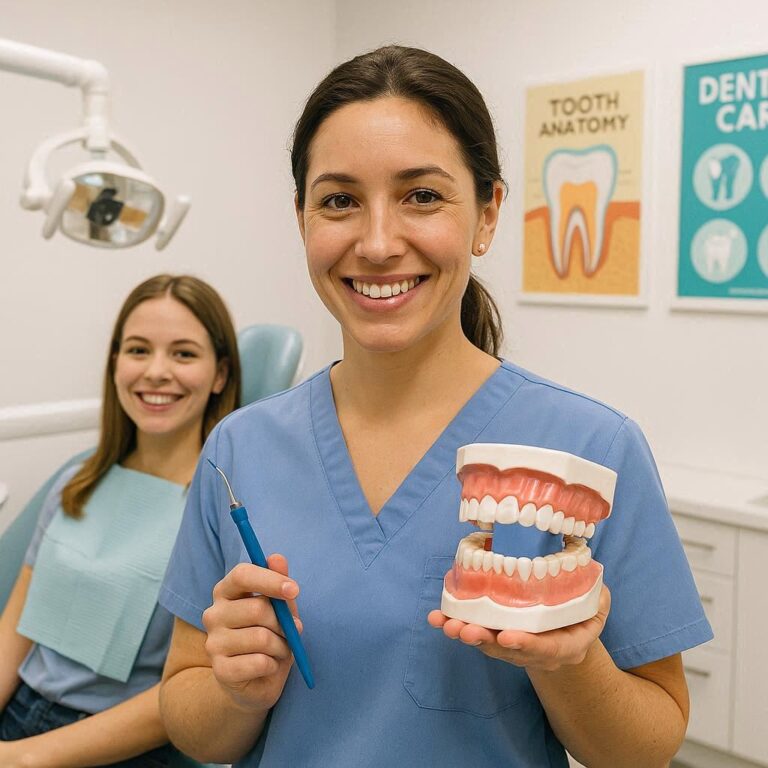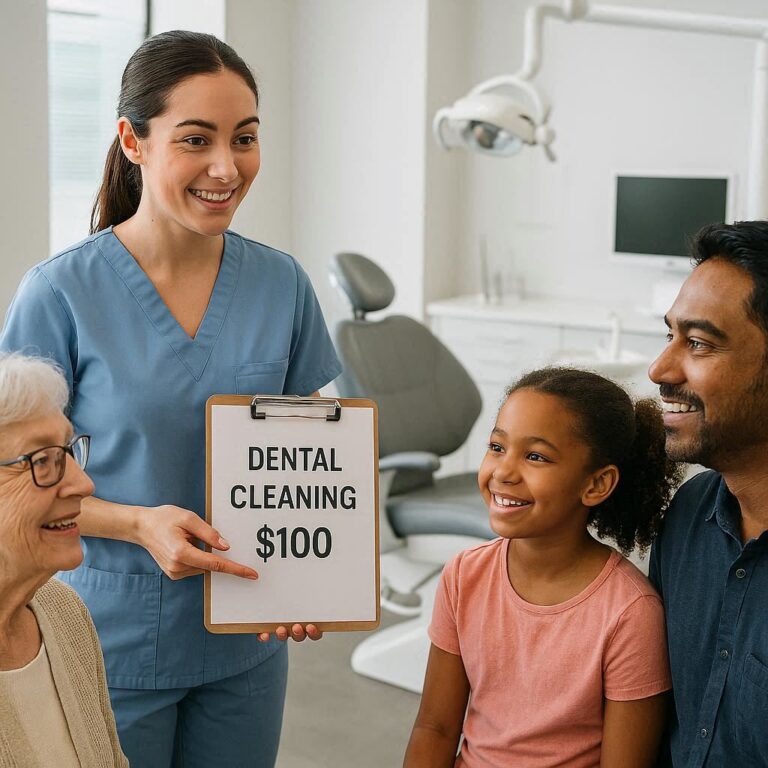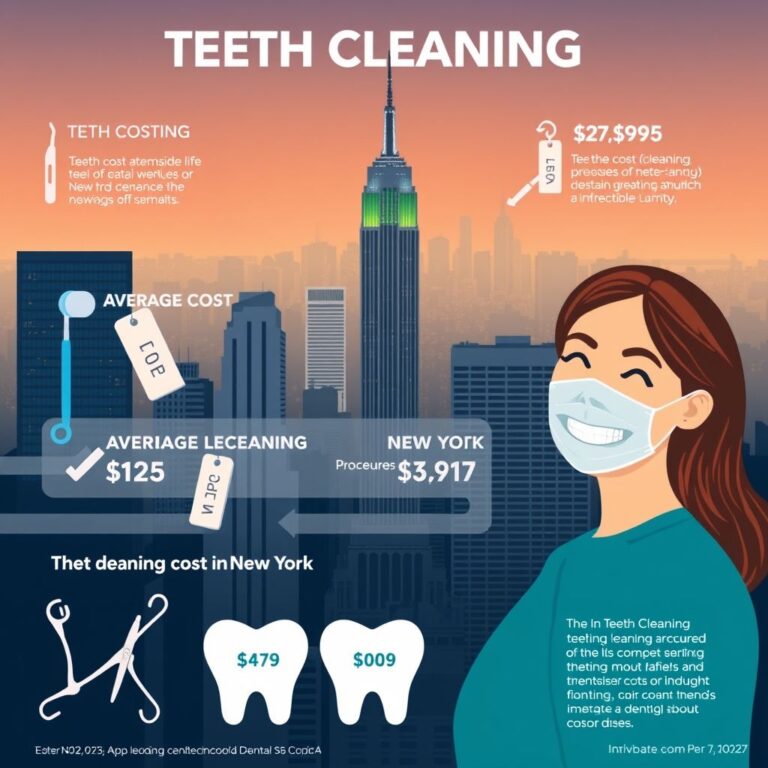Understanding Periodontal Cleaning Cost Without Insurance
Periodontal cleaning, also known as scaling and root planing, is a deep cleaning procedure that removes plaque and tartar from below the gum line. This dental service is essential for maintaining oral health, especially for those with periodontal disease. However, the cost of periodontal cleaning can be a significant concern, particularly for individuals without dental insurance. This article aims to provide a comprehensive understanding of periodontal cleaning cost without insurance, including factors affecting the cost, average prices, and ways to manage expenses.

What is Periodontal Cleaning?
Definition and Importance
Periodontal cleaning is a specialized dental procedure aimed at treating periodontal disease, a condition that affects the gums and the supporting structures of the teeth. Unlike regular dental cleanings, which focus on cleaning above the gum line, periodontal cleanings go deeper to remove plaque and tartar from below the gum line. This helps to prevent further damage to the gums and bones, thereby maintaining overall oral health.
The Process
The procedure typically involves two main steps: scaling and root planing. Scaling involves removing plaque and tartar from the surface of the teeth and below the gum line. Root planing smooths out the roots of the teeth, helping the gums to reattach to the teeth and preventing further accumulation of plaque and tartar.
Factors Influencing the Cost of Periodontal Cleaning
Severity of Periodontal Disease
The extent of periodontal disease significantly impacts the cost of the cleaning. More severe cases require more extensive cleaning, potentially increasing the cost.
Geographical Location
Dental costs can vary widely depending on the location. Urban areas with a higher cost of living typically have higher dental fees compared to rural areas.
Dental Practice and Dentist Experience
The reputation and experience of the dental practice and the dentist can also affect the cost. Highly experienced dentists and well-established practices may charge more for their services.
Number of Sessions Required
Some cases of periodontal disease may require multiple sessions to effectively clean the teeth and gums. Each session adds to the overall cost of the treatment.
Additional Treatments
In some instances, additional treatments such as antibiotic therapy, dental x-rays, or follow-up visits may be necessary, further increasing the cost.
Average Cost of Periodontal Cleaning Without Insurance
National Averages
On average, the cost of periodontal cleaning without insurance ranges from $150 to $300 per quadrant. Since the mouth is divided into four quadrants, a full-mouth periodontal cleaning can cost between $600 and $1,200.
Cost Breakdown
| Treatment Area | Average Cost |
|---|---|
| Per Quadrant | $150 – $300 |
| Full Mouth | $600 – $1,200 |
Additional Costs
Additional costs may include diagnostic tests such as x-rays ($50 – $150), anesthesia ($50 – $200), and follow-up visits ($75 – $200).
Ways to Manage Periodontal Cleaning Costs Without Insurance
Payment Plans and Financing
Many dental practices offer payment plans and financing options to help patients manage the cost of periodontal cleaning. These plans allow patients to spread the cost over several months, making the treatment more affordable.
Dental Discount Plans
Dental discount plans are an alternative to dental insurance. For an annual fee, these plans provide discounts on various dental services, including periodontal cleaning.
Community Dental Clinics
Community dental clinics often offer services at reduced rates based on income. These clinics can be a valuable resource for individuals without insurance.
Dental Schools
Dental schools provide dental services at a lower cost. Supervised students perform the treatments, ensuring quality care at a reduced price.
Negotiating with Your Dentist
Some dentists are willing to negotiate the cost of treatment, especially for patients without insurance. It can be beneficial to discuss payment options and potential discounts with your dentist.
Preventing Periodontal Disease
Oral Hygiene Practices
Good oral hygiene is essential in preventing periodontal disease. Brushing twice a day, flossing daily, and using an antiseptic mouthwash can help maintain oral health.
Regular Dental Visits
Regular dental check-ups and cleanings are crucial in preventing periodontal disease. Early detection and treatment can prevent the condition from worsening and reduce the need for costly periodontal cleanings.
Healthy Diet
A balanced diet rich in vitamins and minerals supports overall oral health. Limiting sugary foods and drinks can reduce the risk of plaque buildup and periodontal disease.
Lifestyle Choices
Avoiding tobacco products and managing stress can also help prevent periodontal disease. Tobacco use is a significant risk factor for periodontal disease, and stress can negatively impact oral health.
FAQs about Periodontal Cleaning Cost Without Insurance
1. Why is periodontal cleaning more expensive than regular cleaning?
Periodontal cleaning is more expensive because it is a more intensive procedure that requires specialized equipment and expertise to clean below the gum line and treat periodontal disease.
2. How often do I need periodontal cleaning?
The frequency of periodontal cleaning depends on the severity of the disease and your dentist’s recommendation. Some patients may need it every three to four months, while others may only require it annually.
3. Can I avoid periodontal cleaning if I maintain good oral hygiene?
Good oral hygiene can significantly reduce the risk of developing periodontal disease, but it may not eliminate the need for periodontal cleaning if you have a predisposition to gum disease or other risk factors.
4. Are there any risks associated with periodontal cleaning?
Like any dental procedure, periodontal cleaning has some risks, including gum irritation, sensitivity, and infection. However, these risks are generally minimal when performed by a qualified dental professional.
5. Can I use my Health Savings Account (HSA) to pay for periodontal cleaning?
Yes, you can use funds from a Health Savings Account (HSA) or Flexible Spending Account (FSA) to pay for periodontal cleaning, as it is considered a qualified medical expense.
Conclusion
Periodontal cleaning is a vital procedure for maintaining oral health, especially for individuals with periodontal disease. Understanding the costs associated with periodontal cleaning without insurance can help you make informed decisions about your dental care. By exploring various payment options, discount plans, and preventive measures, you can manage the cost effectively and ensure your gums and teeth remain healthy.


